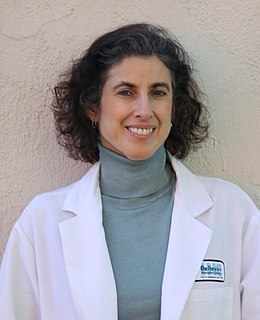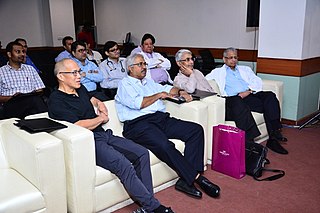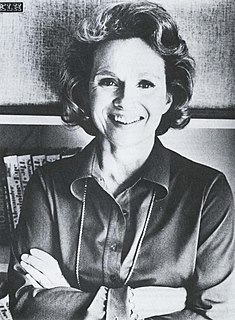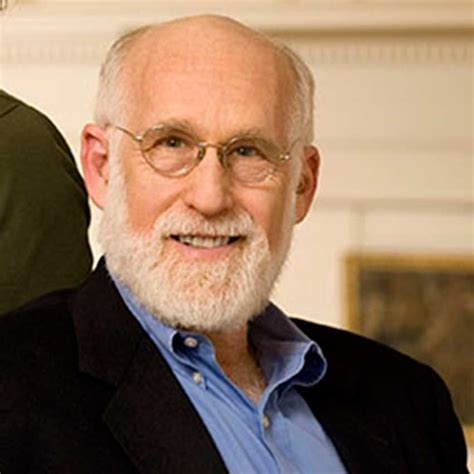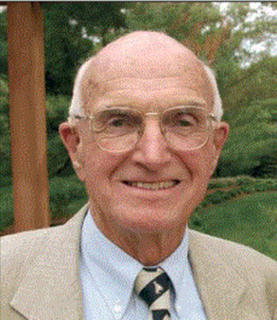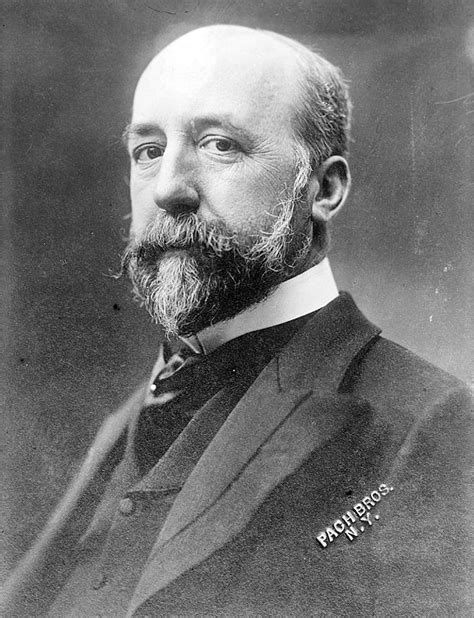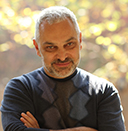A Quote by Patrick Soon-Shiong
I have an obligation to use what I know to try to bring real, usable medical science to every doctor and bedside and patient.
Related Quotes
Being a doctor, I worry that the patient may be uncomfortable about sharing something. It could be sexual dysfunction, an eating disorder, depression, domestic violence - these are serious topics many people don't want to talk about. I'll try to follow up with questions like: How are things at home? How's work? But we don't always have time to probe. Don't be afraid to bring up the important things going on in your life, even if they don't feel 'medical.' Your doctor would rather know than not know.
The freedom of patient speech is necessary if the doctor is to get clues about the medical enigma before him. If the patient is inhibited, or cut off prematurely, or constrained into one path of discussion, then the doctor may not be told something vital. Observers have noted that, on average, physicians interrupt patients within eighteen seconds of when they begin telling their story.
I tell [medical students] that they are the luckiest persons on earth to be in medical school, and to forget all this worry about H.M.O.'s and keep your eye on helping the patient. It's the best time ever to be a doctor because you can heal and treat conditions that were untreatable even a couple of years ago.
I was not a good doctor, my studies had been too rapid, my hospital training too short, but there is not the slightest doubt that I was a successful doctor. What is the secret of success? To inspire confidence. What is confidence? ... I do not know, I only know that it cannot be acquired by book reading, nor by the bedside of our patients. It is a magic gift granted by birth-right to one man and denied to another. The doctor who possesses this gift can almost raise the dead
I agree that marijuana laws are overdue for an overhaul. I also favor the medical use of marijuana -- if it's prescribed by a physician. I cannot understand why the federal government should interfere with the doctor-patient relationship, nor why it would ignore the will of a majority of voters who have legally approved such legislation.
I tell residents, if you gave me two patients with identical problems, and one of them had family at the bedside with a lot of laughter, plus photos and a quilt from home, and next door was another patient who was alone every time I came by - I'm going to be very nervous about the isolated patient's mental status.
Many good Christians are confused about complex social issues of our day, such as doctor-assisted death or medical research which uses stem cells from human embryos. They wonder, 'Why shouldn't science use discarded fetuses for research?' And if someone finds his medical condition intolerable and hopeless, 'why shouldn't he have the legal right to end his life?' Although the Bible does not address these issues in particular, it does provide guiding insights.


